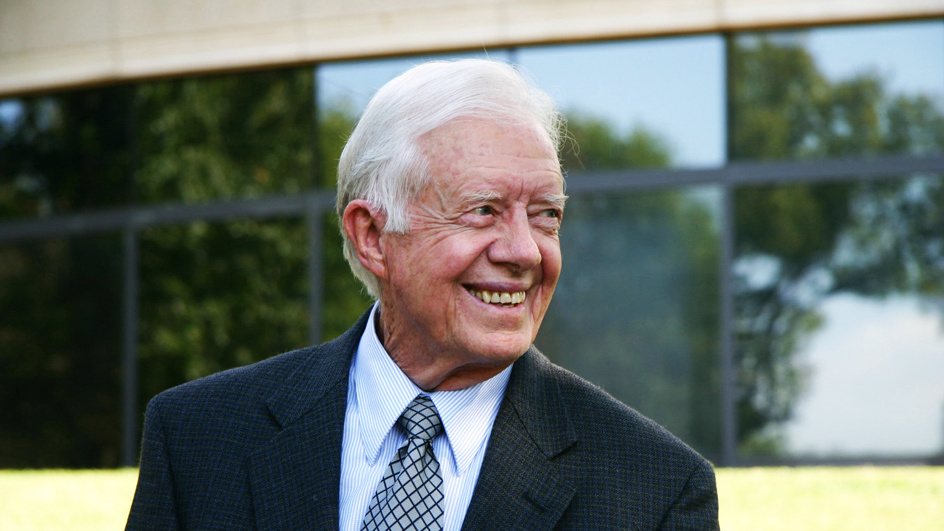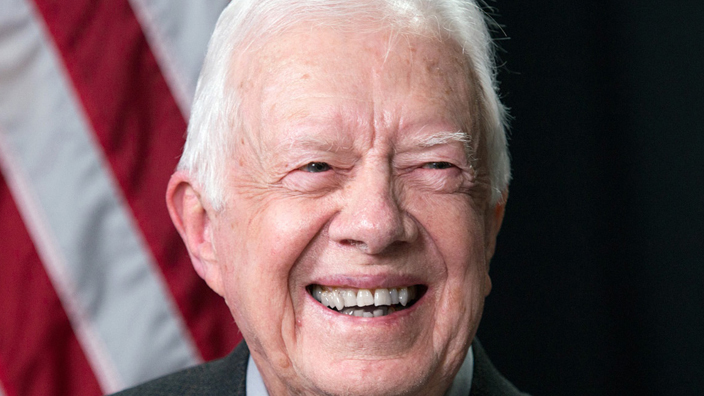Jimmy Carter’s life was marked by humility, decency and grace.
Pat Conger, a USPS retail associate in Plains, GA, will be the first to tell you that. She knew the former president as a caring customer who stopped by the Plains Post Office in 2022 when she was out at a doctor’s appointment and inquired about her.
He also left a note — a cherished memento she has kept on her computer ever since.
“The fact that he wanted to come by the Post Office and see me, that made all the difference in the world,” she said.
Just days before Carter’s death, the U.S. Senate approved a bill to rename the small building on Main Street the Jimmy and Rosalynn Carter Post Office.
President Joe Biden is expected to sign the legislation soon.
Carter trusted the U.S. Mail with his most important communications. “When I want to communicate with a foreign leader privately, I type or write a letter myself, put it in the Post Office, and mail it,” he said in 2014.
No doubt there were many such letters, as Carter’s post-presidency was marked by extraordinary efforts domestically and internationally.
In 1982, he established the Carter Center to expand human rights; worked with Habitat for Humanity building houses for the homeless; and led the charge to nearly eradicate the scourge of Guinea worm disease, a painful parasitic infection. He also taught Sunday school for decades at Maranatha Baptist Church.
In 2002, he won the Nobel Peace Prize for “decades of untiring effort to find peaceful solutions to international conflicts, to advance democracy and human rights, and to promote economic and social development.”
In between his humanitarian efforts, Carter found time to write more than 30 books, including an autobiography, novels and “The Little Baby Snoogle-Fleejer,” a children’s book illustrated by his daughter Amy, based on a story he told her as a girl.
Conger, who joined USPS in 1991, became the go-to person for handling the former president’s mail, which can be a complicated affair.
She has known the Carters all her life — Plains is less a small town than “a large family,” she said — and was happy to do it.
In fact, she often told herself that she’d stay on the job “until something happened to him.” Now in her mid-70s, she often wondered if he was going to outlive her.
“He’s like the Energizer bunny,” she said about a year before his death. “He’s a special man. Always has been.”



